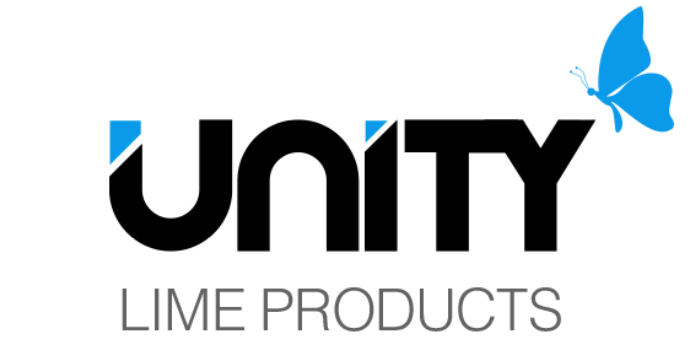C02 Quick facts for our lime products
Traditional Lime Products
Product
Mass of Product
Mass of CO2
Quick Lime
1000Kg
1000Kg
1000Kg of Quick Lime makes 3500Kg of Lime Putty
Lime Putty
1000Kg
285.71Kg
1000Kg of Lime Putty makes 15360Kg of Lime Mortar
Lime Mortar
1000Kg
18.60Kg
During carbonisation 1000Kg of Lime Mortar absorbs 13.02Kg of CO2
From production to finished job on-site 1000Kg of Lime Mortar produces 5.58Kg of CO2
Modern Cement Products
Product
Mass of Product
Mass of CO2
Portland Cement
1000Kg
1000Kg
1000Kg of Portland Cement makes 5800Kg of Portland Mortar
Portland Mortar
1000Kg
172.41Kg
During setting 1000Kg of Portland Mortar absorbs 6.51Kg of CO2
From production to finished job on site 1000Kg of Portland Mortar produces 165.9Kg of CO2
Lime mortar is considerably more ‘green’ than OPC – nearly 97% less CO2 emissions.
Lime mortar is a much better product for restoring older buildings as it has good porosity properties allowing it to breathe. This is an important property for single skin exterior walls. The only drawback of lime mortar for some other applications is the lack of hardness.
OPC is much harder than lime mortar but has virtually no porosity. OPC can be used on double-skin walls. The problem with OPC is the amount of CO2 emissions associated with it and the hardness can cause stone/brick to chip at the corners. It is a poor product for single skin walls as it will retain damp inside the building and is not compatible with restoring old, lime-based buildings.
Unity Lime, has created a unique lime based product, Formulated Hydraulic Cement (FHC), that has very low CO2 emissions and can be made to any grade. Similar to lime mortar with high porosity and low hardness or as hard as any OPC mortar with low porosity. In all cases the CO2 emissions of FHC are very low, making it the perfect OPC replacement product for those builders who are concerned about global warming or are involved in ecological builds.
C02 Quick facts for our lime products
| Traditional Lime Products | ||
|---|---|---|
| Product | Mass of Product | Mass of CO2 |
| Quick Lime | 1000Kg | 1000Kg |
| 1000Kg of Quick Lime makes 3500Kg of Lime Putty | ||
| Lime Putty | 1000Kg | 285.71Kg |
| 1000Kg of Lime Putty makes 15360Kg of Lime Mortar | ||
| Lime Mortar | 1000Kg | 18.60Kg |
| During carbonisation 1000Kg of Lime Mortar absorbs 13.02Kg of CO2 | ||
| From production to finished job on-site 1000Kg of Lime Mortar produces 5.58Kg of CO2 | ||
| Modern Cement Products | ||
|---|---|---|
| Product | Mass of Product | Mass of CO2 |
| Portland Cement | 1000Kg | 1000Kg |
| 1000Kg of Portland Cement makes 5800Kg of Portland Mortar | ||
| Portland Mortar | 1000Kg | 172.41Kg |
| During setting 1000Kg of Portland Mortar absorbs 6.51Kg of CO2 | ||
| From production to finished job on site 1000Kg of Portland Mortar produces 165.9Kg of CO2 | ||
Lime mortar is considerably more ‘green’ than OPC – nearly 97% less CO2 emissions.
Lime mortar is a much better product for restoring older buildings as it has good porosity properties allowing it to breathe. This is an important property for single skin exterior walls. The only drawback of lime mortar for some other applications is the lack of hardness.
OPC is much harder than lime mortar but has virtually no porosity. OPC can be used on double-skin walls. The problem with OPC is the amount of CO2 emissions associated with it and the hardness can cause stone/brick to chip at the corners. It is a poor product for single skin walls as it will retain damp inside the building and is not compatible with restoring old, lime-based buildings.
Unity Lime, has created a unique lime based product, Formulated Hydraulic Cement (FHC), that has very low CO2 emissions and can be made to any grade. Similar to lime mortar with high porosity and low hardness or as hard as any OPC mortar with low porosity. In all cases the CO2 emissions of FHC are very low, making it the perfect OPC replacement product for those builders who are concerned about global warming or are involved in ecological builds.
